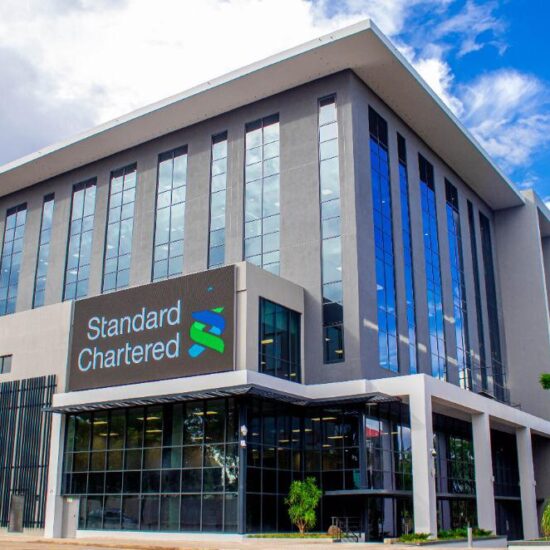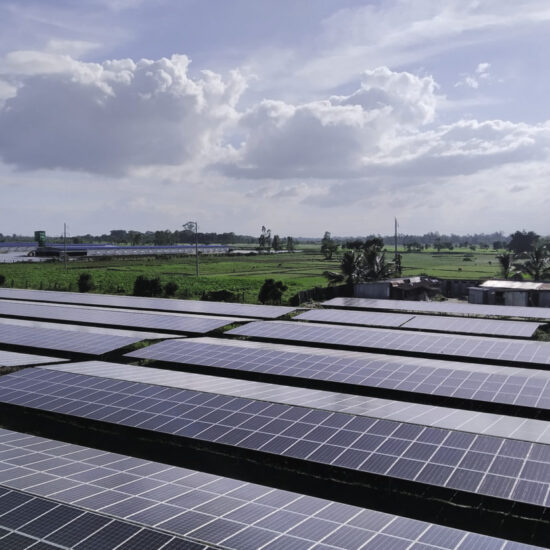
The Zambia Institute of Purchasing and Supply – ZIPS President Chibwe Mwelwa has called for immediate implementation of the Sub-Contracting Policy in Zambia which advocates for compelling foreign owned companies to subcontract at least 20% of the contract value.
Mwewa has explained the subcontracting policy that government is pushing for is a welcome move but that it should be backed by legal instruments to enable local contractors participate in the industry. The institute has challenged law makers to rather come up with regulation that can stand the test of time.
Speaking on the sidelines of a consultative meeting on the implementation of the 20% Sub-Contracting Policy organized by ZIPS on November 15, 2019, Mwewa told the Zambian Business Times – ZBT in a separate exclusive interview that if properly undertaken, the policy will return monies in the country through the locals, increase the aggregate demand and GDP of the country.
He added that the role of Small and Medium Enterprises – SME sector in economic development cannot be over emphasized as SME’s form a launchpad for developing countries to fully realize their potential.
“SME’s remain the driving force in entrepreneurial resources and in easing one of Africa’s greatest challenges which is youth unemployment. SME’s further have potential to massively contribute to growing the country’s economy hence the need to back this policy with a law, a law that will ensure that 20% of all contracts at backed by a legal framework which support local businesses.
And speaking during a discussion panel at the same event, Permanent Secretary in the Ministry of Housing and Infrastructure Development Charles Mushota said the 20% Sub-Contracting policy has been instituted in the spirit of promoting inclusive growth to avoid placing Zambians on the sidelines of development.
He has revealed that government has invested heavily in public infrastructure projects country wide which is aimed at addressing the huge infrastructure deficit as well as to spur rapid social and economic transformation of the country.
Mushota added that with the current and future government spending on infrastructure and other services, there is no better time to grow the local construction capacity than now. He has since urged other stakeholders in the industry to support the implementation of this policy which is aimed at strengthening the local construction capacities for sustainable projects implementation.
Parliamentarians have been slow at pushing for this legislation due to their political inclination were politically charged legislation is given more prominence relative to progressive local content law that would cut across all sectors and industries.







